#forparents
Text
https://drive.google.com/file/d/1-hKdpVkSLhrN3eHADlf1fULYvJDMx8tF/view?usp=drivesdk
Готовність до школи
0 notes
Text
Fuck it it needs to be said.
Parents, yall need to monitor your children's internet access. Yo need to be paying attention to what your child is watching.
The alt-right, Andrew tate, pewdiepie, corrupt politicians and so much more are plaguing your child's fucking mind. Children are impressionable and will absorb what they see. There are literal kids in school at ages 6-12 spewing harmful rhetoric. This is sad.
Do better as a parent. Stop saying, "well I can't keep watch over them all the time." Then maybe you shouldn't be a parent. Maybe you shouldn't be having kids. Stop making up excuses because one day your child will consume the worst shit possible and it'll completely ruin their mind.
So many of us were exposed to shit at a young age that wasn't normal. It's wasn't normal for me at 9 years old to see graphic videos of my favorite cartoon characters. None of that shit was normal.
You wanna protect the children? Start by monitoring what they're watching.
#forparents#parenting#parents#yallpissmeoff#watchyourkids#fypppppppppppppppppppppppppppppppppppppppppppppppppppppppppppppppppppppp#interact#like what the hell
0 notes
Photo

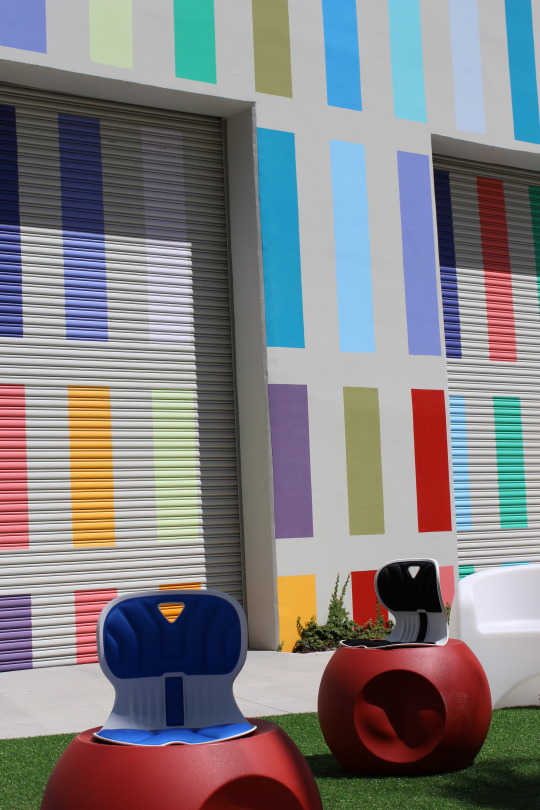



Families just got easier. We combined comfort and functionality into one ultra-modern baby + toddler chair—the award-winning Combi Booster. Designed to grow with your baby and inspire more family time, the Combi Booster is Amazon's choice and a Parents Family Approved favorite.
0 notes
Photo
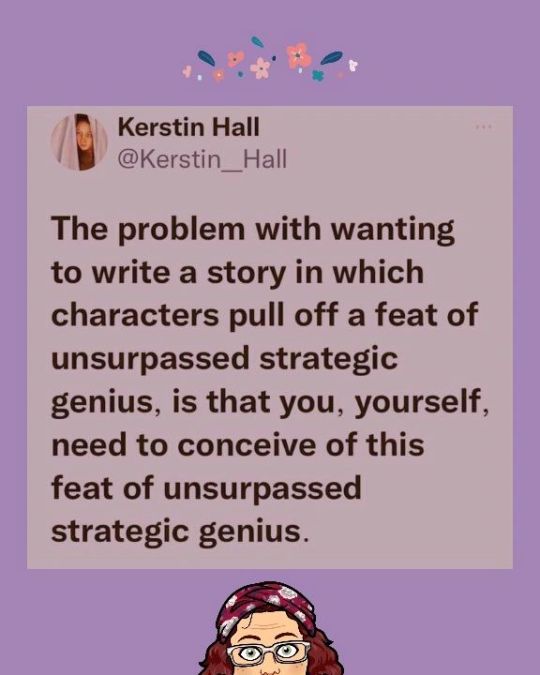
This too is not a joke. 😉😂 #AuthorMom #StayAtHomeMom #MomWhoWrites #NewIdeas #BetterThanYourTV #MoreOriginalThanHollywood #NetflixHuluPrimeDisney #CantGetBetterThanThis #IPromise #BestDistractions #ForParents #GoAwayKidYouBotherMe #WhileYourKidsPlay #YouReadABook https://www.instagram.com/p/CgNnMXesxIe/?igshid=NGJjMDIxMWI=
#authormom#stayathomemom#momwhowrites#newideas#betterthanyourtv#moreoriginalthanhollywood#netflixhuluprimedisney#cantgetbetterthanthis#ipromise#bestdistractions#forparents#goawaykidyoubotherme#whileyourkidsplay#youreadabook
0 notes
Text
You know what irritates me in dragon age? Ok a few things but going to focus on one thing here, the languages... so we have all these diverse places, each with heir own fashions, customes, accents, etc but everyone speaks common (or trade which although in some codexes is said to be different seems to be basically treated interchangeably in the games).
Only a few places are said to be bi-lingual, implying that their own language is still used.
Also the inherent cultural differences between places are shown or mentioned and then totally forgotten about... In every game we get a diverse group of people with differing back grounds and yet there is almost never any language barrier of cultural misunderstandings, and even when they are they seem to be glossed over. Sten is about the only one I can think of where the cultural differences are even vaguely explored.
I want to see situations where characters are totally confused by what’s happening, where they don’t understand (or misunderstand) local phrases or dialects, where they fear making social forpars due to the inherent differences in their native societies or simply in their upbringings.
Alamarri died out in Ferelden and now everyone speaks trade and/or common, fine, ok. But in the real world when this sort of thing happens people often try to reclaim the language later, so there should be places where the language is still used, even if only for certain phrases like the elves use elvish. Or maybe there are scholars who still speak it? I used to live in Scotland, believe me although Gealic is a “dead” language people still use it in certain places and situations, same in Ireland, and in Wales there are signposts, TV channels, and radio shows in Welsh… It feels like Alamarri should definitely still exist and have some sort of presence. Ok as you may be able to tell from my user name I may be biased when it coems to this example...
But the same goes for Ander. I think Anders should have been able to speak it at the very least, and the fact that many of the Darkspawns name come from Ander should be seen as more of a thing. In a way it would make some sense for the Grey Wardens to be taught at least some Ander during training due to their history.
And Alsahiria, given the politics and history of Seheron it makes some sense for this language to be slowly dying out, but I feel it would still be spoken in remote areas and likely by members of the Fog Warriors. Some may even see the continuation of the language as a form of rebellion and carefully hold onto it. I wouldn’t be all that surprised in a fair number of slaves in Tevinter could speak it, using it as a way to communicate in secret.
Antivan… well to be honest Antiva is just fascinating in general, but their language is under used. It considered one of the most poetic and beautiful of Thedas, and yet it mainly only spoken in the rural and poorer areas. That seems like a shame… I mean yes the Codeses do imply that the higher members of society can and do speak it, but they also imply that in the cities common is almost exclusively spoken.
Did we even hear Zevren speak Antivan? I don’t remember him doing so, but I could be wrong.
I’m going to skip Avvar for now because there is a LOT to unpack there… same for Chasind and Ciriane.
The Drawves are said to have several languages, including Trade, and the language spoken specifically in Orzammar (often incorrectly referred to as Drawven), but to be honest I don’t think we know much about any of the Drawven languages… which is a shame.
Elvish is another complex one as it makes sense why that one is essentially lost beyond a few key terms and a few phrases known by the Dalish. However, I feel like it’s one that has potentially to be, at least partly, reconstructed… there are ancient elvish ruins and artifacts, though of course as with all reconstructed languages it would never be what it once was.
Qunlat, finally an actual language that although not used much is definitely a distinct language with significance and logical usage. We even get to hear it used a few times, though only for the odd word or line it at least makes sense.
Orlesian, again a language that is referenced and appears to be in regular use. It’s said that most Orlesians are bilingual. So it makes sense that they tend to use common around the player, but it feels like the language could be utilised more.
Rivaini… You know what we know far less about Riniani than I realised when I started this mild rant… They essentially have thie rown religion, and the only peaceful Qunari settlement that I can think of, but there’s language… very little seems to be mentioned. It would make sense that it is still spoken those given their general culture and identity, it is likely that they are bi-lingual in a similar way to Olaris.
Tevene… ok this one is my main bug bear… So it’s said in the codexes that Tevene is essentially a dead language, certain phrases still exist (many swear words) and it’s used by the elite as a show of status but everyone mainly speaks Trade – which once again is meant to be slightly different to common. But just look at Tevinter society, the idea that they don’t retain their language, or a modern variant, at least for things like ceremonies, ritual, and events seems unlikely. The most we really hear of Tevene in Fenris swearing. Which is another thing... The guy literally only has memories of being a slave and then been on the run (with a short period with the fog warriors in between) there really should be some serious cultural/social/linguistic barriers there.
This… this got away from me a little and escalated lol, but ye… this irritates me probably more than it should… and I haven;'t even ccovered ALL the lagunages. Anyway, i this I think is why I keep trying to crowbar language and cultural differences into AUs.
#dragon age#Thedas#DA:O#DA2#DA:I#languages in thedas#culture in thedas#world building#just a random rant#bit of an info dump#yes i read all the codex#and the books#and the comics#this likely only bothers me#i may be a little TOO into the lore#I want to see the characters in dragon age experience language barriers and culture shock
7 notes
·
View notes
Photo
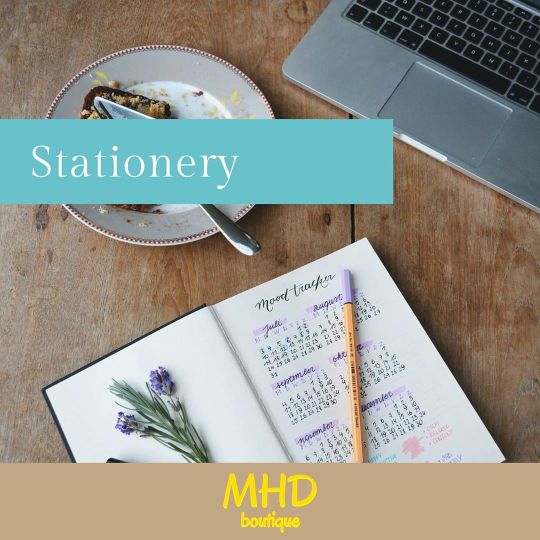
#stationery#gifts#newdesign#holiday#shop#store#formen#forwomen#forher#forhim#forboyfriend#forfriends#forgirlfriend#forkids#formom#forwife#ideas#forparents#forcrush#tosell#forbestfriend#forfamily#forhome#mhd#boutique#mhdboutique
1 note
·
View note
Text
Szülőknek...
Sajnálom,hogy sosem tudtam számotokra jó lenni,mert kevés vagyok mindenhez,az iskolához,az élethez.Majd talán eljön a nap amikor véghez viszek valami JÓT.Mert nem elég egésznap harcban állni önmagammal,még le is vagyok kúrva mert én más vagyok.Mert nem olyan vagyok mint ti.Mert nem olyat vártatok mint én....
-fulltrashpolice
1 note
·
View note
Photo

"When a child loses his parent, they are called an orphan. When a spouse loses her or his partner, they are called a widow or widower. When parents lose their child, there isn’t a word to describe them."
- Ronald Reagan, 40th President of the United States October is recognized as National Pregnancy and Infant Loss Awareness Month to both recognize the loss so many parents experience across the United States and around the world, and to inform and provide resources for parents who have lost children due to miscarriage, ectopic pregnancy, molar pregnancy, stillbirths, birth defects, and other causes. October 15th is observed as Pregnancy and Infant Loss (PaIL) Awareness Day around the world. We remember our babies gone too soon! At exactly 7:00PM, on October 15th, people all around the world join together in the International Wave of Light, by lighting a candle and keeping it lit for one hour. Also tonight, the Peace Bridge, portions of Canalside Buffalo and Niagara Falls (between 10PM and 10:15PM) will be lit in Pink and Blue to honor our babies gone too soon. Please check out our events page for more info on ways to get involved: https://www.clarkehill.org/events #PaIL #PaILAwareness #buffalo #buffalove #gonetoosoon #forbabies #forparents #together #notalone #clarkehill https://www.instagram.com/p/Bo9FhGNjI_h/?utm_source=ig_tumblr_share&igshid=43f19cbt5bjh
1 note
·
View note
Photo

Excited to share the latest addition to my #etsy shop: Electronic Christmas Invitation template, digital download for Holiday Party create at home, editable with Corjl, iphone or smartphone #christmas #instantdownload #forfriend #forparents #for https://etsy.me/3Gjt4fd https://www.instagram.com/p/CVcUYxJgjPh/?utm_medium=tumblr
0 notes
Text
How to Teach Your Kid to Read at Home 💡 👨👧👦 📗

This year has forced you to do quite a bit at home—figuring out where your Peloton bike will go, discovering your hidden passion to make macarons (or, perhaps, eat them), among others. For parents of young children, you have a very unique challenge—to teach your kids how to read at home instead of fully at school.
In a previous article, I detailed how you may go about homeschooling your children. This post will be more succinct and highlight a particularly specific skill—the ability to read. Thankfully, the most important academic skill isn’t too scary if you know how to approach the process and what to look for as your young kiddo builds skill in this area.
Phonics, Phonemic Awareness, and Phonological Awareness
Before learning how to teach your kids to read, let me first discuss some quick terminology. Have you heard to terms phonics, phonemic awareness, and/or phonological awareness? Likely, you have not unless you’re an elementary school teacher like me. These terms are often difficult to decipher from one another yet are critical for your success at teaching reading at home.
Let’s start with tackling each of these terms individually.
Phonics is simply understanding that each letter has a corresponding sound. For example, you definitely know that “tee” sounds like the letter “T”, right? Yup, right. That’s phonics.Phonemic awareness takes the understanding of phonics and ups the ante a bit. It explains how we can discern that the /c/ at the beginning of the word “cat” is different from the /at/ that follows that sound. (Fun fact! There are 43 individual phonemes in the English language. But fear not, you won’t be quizzing your kiddo).Phonological awareness is similar to phonemic awareness but is, again, a bit loftier. In the previous example, we highlighted the understanding of /c/ in “cat” sounding like a “K”, right? Well, phonological awareness is one’s ability to manipulate the various sound units in a word. So, placing the sound /ack/ with /p/ as the beginning makes a different word sound than if you put /b/ before /ack/.
Tired yet? Fear not. Chances are, your young reader is going to need some support with one of these skills as they begin their reading journey.
So, let’s take a dive into how to know where your child is and what to do if they need phonics, phonemic, or phonological awareness support.
Does Your Student Understand Basic Phonics?
Does your student look at a “D” and say “C” or start to pronounce the word “kart” and say “start”? If so, it’s likely they have an issue with the alphabetic principle or, simply, phonics. They may also not be able to produce the correct letter when you give them a sound or vise versa. (Say “K”, and they’ll write “F”, for example.).
What Can I Do to Help My Child Build Phonics?
I’m glad you asked! If you have a Scrabble set or a fancy tablet game with letters, get to building! Talk with your student about the sounds of letters as you construct new and exciting words. And don’t be afraid to create words, too!
Nonsense words are often used to help students understand the basic rules of phonics. For example, “frub” is not a word, but if a student can 1) say it and 2) clap the syllables, they are getting the hang of phonics!
The Nuance of Phonemic vs Phonological Awareness
There’s a lot of grace here, and unless you are both a parent and elementary school teacher, your student won’t be upset if you constantly confuse these two. I’ll actually offer support for both of them at once because the difference really doesn’t matter in the living room.
You may remember, as a student, (depending on how old you are or how good your memory is) clapping words aloud in class. This is called syllabication, and each clap occurs on a different syllable in a word, right? Well, get to clapping!
One of the earliest indicators that students need support with early literacy is their inability to decipher between syllables. So, if your child has a difficult time clapping out “potatoes,” they don’t really understand the sounds within the word. Those sounds, called phonemes, are what build up the English language.
You might be thinking, “Well, okay, awesome—how the heck do I help my child with that, though?”
Great question! I’ll brief you on a couple of strategies below for when you are strictly teaching your kids to read or intervening (not during actual reading). But for now, let’s discuss a quick and helpful way to support a reader when they are actually attempting the skill of reading and get to a word they cannot sound out.
First, you’ll want to let them struggle. Don’t be too mean here. We aren’t talking 3 minutes of cliffhanging—more like 10 seconds. Encourage them, pause for them, and whatever you do, do not help them during this time. Why? If they aren’t with you and encounter a large or scary word they’ve never seen, they’ll simply look at the word, give up, look at the larger person (i.e., adult) in the room and wait for the life jacket. Nope, don’t do that!
Instead, point to the word, and ask them what part of the word they think they may already know. Let’s take a word for example’s sake here: memorize. Whoa, that’s a doozy! But wait, isn’t there a “me” in that word? And how about a “mo”? And doesn’t a word that ends in “e” makes the vowel before the final consonant (in this case, “i” before the “z”) say its name (so that i-z-e is EYE-z-eh—the EYE is what “i” sounds like, right)?
Well, it’s likely your kiddo may now know how to decipher memorize right off the bat, but with some support (after 10 seconds of struggle), they’ll be on their way!
So, again, for the terms, and briefly—phonemic equals simplest sounds of a language. Phonological equals manipulating the simplest sounds of a language. (See? Not a lot of difference, and you shouldn’t split hairs.)
If your child is having issues with syllables, do the awesome activity mentioned above with all kinds of fun words around the house and in reading.
Segmenting and blending activities – Take time to break apart words (segmenting) and put words together (blending) from a sound perspective. This is fun, and your kids will love slicing and dicing words.Take words, delete sounds – “Hey kiddo, what’s “fun” without /f/?” This helps build their recognition of specific sounds and how they fit within the context of larger units. (For those of you overachievers, that’s a phonological awareness skill). Few Notes on Sight Words
Unfortunately, the English language is very tricky. Some words, like “the”, fit no simple phonetic understanding. They simply need to be taught. Search for various sight word lists depending on your child’s age.
Here’s how you determine if your child is needing sight word support and exactly what sight words they need help with depending on their age:
Remember that sight words are searchable by age or grade level. So, you’ll start by searching (or asking your child’s teacher, if that’s a possibility) online to find the list of sight words for their specific age.Quiz them at the top of the list. Don’t randomly choose words from the list. Start at the top, and go straight down.If your child masters their way through the list for their grade level, go above one grade level. For example, if your child is in second grade, start with a fourth-grade sight word list. Should they get all of those words correct, find a third-grade sight word list and continue.When your child misses two or three words on a sight word list, that’s the list they will need to practice and thus, the list you will need to actively teach.
Though frustrating (because they follow no real convention that is teachable), sight words are the key to unlocking complicated text. This is worth your time!
Beyond Phonics—Fun With Fluency (And Book Selections!)
Okay, whew. You’re now a literacy instructor! Well done. It may be difficult to teach your kids to read, but that’s normal.
So, here’s the deal: once your child has a solid grasp of the phonics world, begin having fun with text selection and check their fluency constantly! Fluency is simply how many words your child can correctly read in one minute (minus the errors made from the total words read). Fluency, in a sentence, also measures how animated your student reads (called prosody) and if they cruise gently around commas and stop hard at periods. Fluency helps with all of that.
And finally—books! Ask them what they love, and find books that bring them closer to understanding more about those topics. And get them books from a wide variety of various topics, from various sources.
The steps to reading are exciting and profound. Take joy in the simple things, and delight in your child coming to you at night and saying “can I read to you tonight?”
Find the Small Joys in Reading
We’ve blabbered with phonics, phonemic awareness, and fluency—whew! Take it all in, and reference this post when and if necessary. But most importantly, take joy in the little steps your child takes when mastering the skill of reading.
Read with them often, not just before bed. Ask them questions about the book to see their comprehension really soar. Read often yourself, so you create a “more is caught than taught” type situation. You’ll be glad you took an active interest in, perhaps, the most critical skill a young person can learn.
More on How to Teach Your Kids to Read
3 Essential Ways to Help Your Kids Love Reading As Much As You Do7 Apps That Can Help Teach Kids To ReadReading for Kids: 17 Reasons Why It’s Important and Where to Start
Featured photo credit: Priscilla Du Preez via unsplash.com
The post How to Teach Your Kid to Read at Home appeared first on Lifehack.
By: Charlie Moynahan
Title: How to Teach Your Kid to Read at Home
Sourced From: www.lifehack.org/894710/how-to-teach-kids-to-read
Published Date: Fri, 15 Jan 2021 15:01:10 +0000
Teach Your Child How To Read On An Early Age

Read More
0 notes
Photo
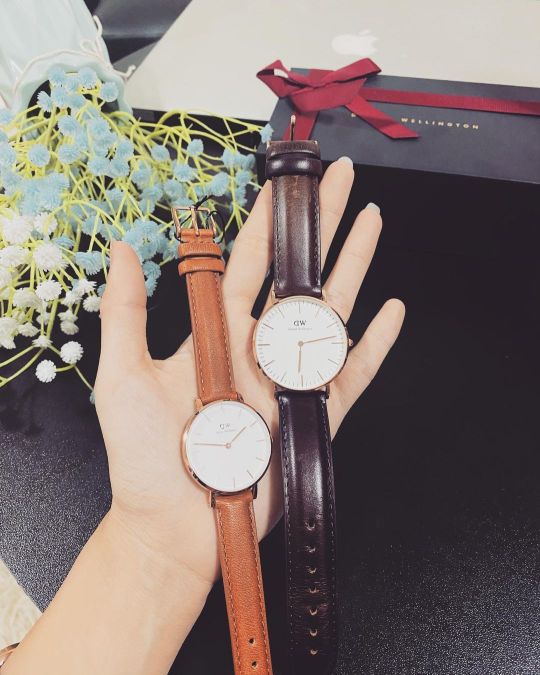
#present #forparents https://www.instagram.com/p/CJyLadpFp16Wfss7dToI4pIBhU-NQFIFzPsZSk0/?igshid=1w089jmfa7052
0 notes
Photo
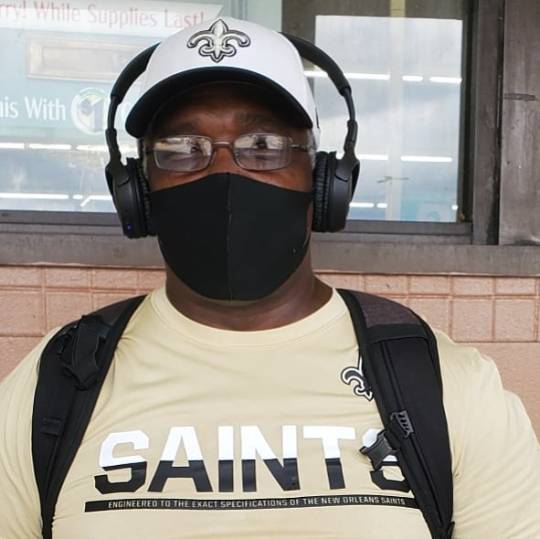
For those whom know I dislike my picture taken...#forparents #whodat #saints (at Orlando, Florida) https://www.instagram.com/p/CGyAwofnPxa/?igshid=duoiecyps3og
0 notes
Photo
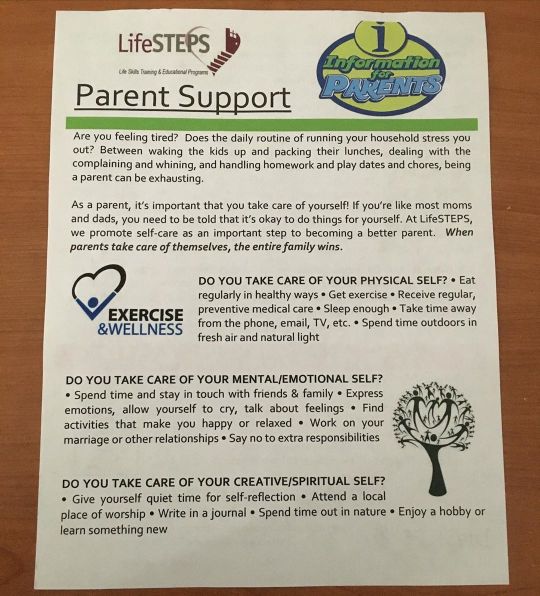
#Awesome #Information #ForParents #ForHumanBeings #BeingHuman #InfinitePossibilities #KeepYourHeadToTheSky #LiveInTruthAndNotALie #SpreadYourWingsAndFly 🌎🌍🌏☀️🌓🌌♾ https://www.instagram.com/p/CEmnI0DBMNb/?igshid=w2d9nuu347pb
#awesome#information#forparents#forhumanbeings#beinghuman#infinitepossibilities#keepyourheadtothesky#liveintruthandnotalie#spreadyourwingsandfly
0 notes
Photo
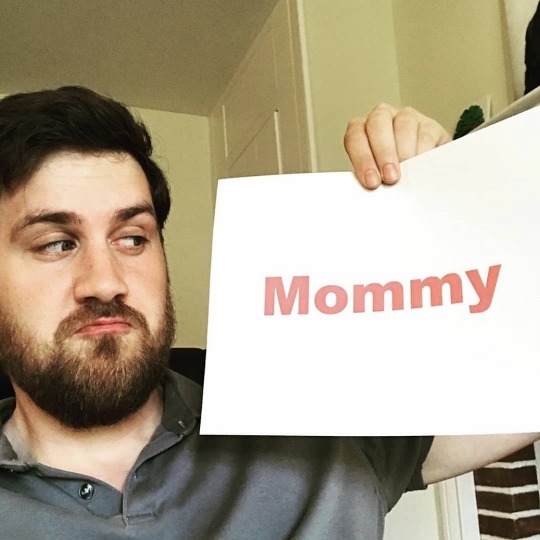
🇵🇱🌟25 sierpnia, 21:30 👉wywiad live z wnukiem Glenna Domana. @spencerdoman zgodził się na wywiad z nim jako dorosłym wychowywanym metodą Domana w dzieciństwie. Jego siostra była rehabilitowana tą metodą, więc był otoczony domanowaniem we wszystkich możliwych wymiarach. Mam już listę pytań, ale jeśli chcecie coś dodać napiszcie w komentarzu. Prawdopodobnie nie wystarczy nam czasu, żeby zadawać podczas trwania live, ale zobaczymy. Spencer nie dostał pytań wcześniej, więc będzie pełen spontan. 📌📌W dzień wywiadu (jakiś czas przed) dostaniecie link do Zoom, aby dołączyć. Jeśli wszystko pójdzie zgodnie z planem powinnam dostać nagranie i opublikować jakiś czas po. Pewnie nie wszyscy jeszcze kojarzą Spencera. Ostatni webminar z nim miałam w sierpniu poprzedniego roku. Spróbuję go tutaj przedstawić w kilku zdaniach. Spencer Doman jest głównym ekspertem od innowacji w @domaninternational oraz współtwórcą @domanlearning . Uczy rodziców jak pomóc dzieciom osiągnąć ich maksymalny potencjał wyposażając ich w wiedzę o dzieciach i rozwoju ich mózgu. W Doman International zajmuje się tworzeniem nowych programów oraz aktywności wspomagających ich rozwój poznawczy, fizyczny i społeczny.Spencer ma tytuł magistra z wczesnej edukacji z Uniwersytetu West Chester w Pensylwanii. Jest on wnukiem twórcy metody, którą działam jak oraz rodzice w naszej grupie Metoda Domana i nie tylko - grupa wymiany doświadczeń dla rodziców - Glenna Domana, który opracował tzw. metodę Domana, w której uczymy małe dzieci czytać, matematyki oraz przekazujemy im całą masę wiedzy. Nie wszyscy wiedzą, ale metoda Domana nie opiera się tylko na programach intelektualnych. To przede wszystkim całościowy rozwój dzieci zarówno zdrowych jak i z problemami i opóźnieniami rozwojowymi. Przy okazji przypomnę, że na blogu teachyourbaby znajdziecie webminary z przedstawicielami Doman International, w tym ze Spencerem, które są kopalnia pytań i odpowiedzi. #metodadomana #domanmethod #domanowanie #domanowanydorosly #czytanieglobalne #wczesnanaukaczytania #earlyreading #matematykaintuicyjna #intuitivemath #dlarodziców #forparents #rezultatymetodydomana #domanmethodresults #childhoodexperiences #dzieciństwo https://www.instagram.com/p/CEKgn94pOzu/?igshid=hpitohm3dp9e
#metodadomana#domanmethod#domanowanie#domanowanydorosly#czytanieglobalne#wczesnanaukaczytania#earlyreading#matematykaintuicyjna#intuitivemath#dlarodziców#forparents#rezultatymetodydomana#domanmethodresults#childhoodexperiences#dzieciństwo
0 notes
Photo

Parents get your first day of school T-shirt for your child to grow into. Great keepsake for taking a photo in every year that you will remember forever. Link in bio for shirt of children going into Kindergarten 2020 https://www.redbubble.com/i/t-shirt/Graduation-Shirt-Class-of-2033-by-VoniBlue/52039754.TIXCQ?ref=explore-for-you-recently-viewed • • • • • #kindergarten #preschool #homeschool #firstdayofschool #classof2033 #classof2033🍎🎓📚✏️ #classof2033🎓 #parentsofclassof2033 #classof2033parents #kindergarten #firstdayofkindergartentshirts #firstdayofschoolshirts #formoms #fordads #forparents https://www.instagram.com/p/CCaV4jol7ul/?igshid=9stcfpifh6ae
#kindergarten#preschool#homeschool#firstdayofschool#classof2033#classof2033🍎🎓📚✏️#classof2033🎓#parentsofclassof2033#classof2033parents#firstdayofkindergartentshirts#firstdayofschoolshirts#formoms#fordads#forparents
0 notes
Text
How not to give the same money attitude to your kids? What you should know to provide better and wealthier future for them. PART 1
Thanks for stumbling upon this post. Have to be honest and confess that it’s my first public blog post ever!!(a bit scared). I like writing, but my thoughts were always being stored on the sheets of my diaries or day planners. So today I am entering the bloggers’ world! (happy sound)
So who am I actually?
Hi, everyone! My name is Nadiia, I am 25 years young :) and I’ve been working in China for almost three years now. I am a teacher by major and working with kids made me learn a lot of interesting and unexpected things about children, parents and relationships between them. I am not going to teach moms and dads how to treat and bring up their children, but i definitely can reveal some useful recommendations on how to make things better and softer. As a third party I witnessed lots of families with their own manners of interaction between each other. Some things i will tell you might upset you, some might shock you, some might open your eyes and others can give you a clue. So here we go…
Money is the main resource in the world. Adults know how money works in the Universe of Grown Ups. Money creates hierarchy and provokes people to manipulate, money can tell about person (sometimes) and can make some things become affordable. I’m not counting personal qualities right now, but it’s believed that a person with more money has more influence, self esteem and even ideas (those ideas can be way too crazy though). If I had billions of dollars I would probably be bored also and would buy that Stonehenge too!!
That’s why I’m asking :” Do you know that kids have their own resources in their own world too?”. Those little people can build hierarchy too, manipulate and fight for a new resource. And that would be toys!!
Imagine a playground…Have you ever noticed, how one small boy after bringing lots of colorful toys can gather a big crowd around him? How easily that child gets full attention? It is exactly what happens at your work place when you show up in a new pair of high heels and a new bag. Don’t your friends surround you asking about price and the name of a store? Don’t you love it? Don’t you like telling them what you think about those purchases? This simple thing builds communication and attraction between you and your coworkers (if you don’t work at home). Your workplace is a playground. And if that kid is your son (doesn’t matter, happens with girls too), next time you go to the same playground,most probably
other kids will immediately recognize your boy. Because this is one of the ways how kids get new friends and become noticeable in their own world!
What does it all mean? It means knowing that toy is a powerful resource for kids we can do magic!! We can help in their money attitude formation! Normally, children get it from parents, but if you realize that you don’t want your kids to have your attitude to money, you can easily try to change it! Just following some steps and building “healthy” relationship between toys and your kids, you can provide them better, easier and wealthier future. To be continued…
P.S. I did not mean to say that toy is the only resource for kids. That’s why i said “resources” first. Another powerful tool in child’s education and raising is parents’ love, of course))
#parenting#parentingblog#education#bringing up baby#raising#kids#children#teacher#money#moneyattitude#changeattitude#forparents#wealth#better#future#first post of 2018#FIRSTPOST#my post#my first post#my blog#my first story
1 note
·
View note